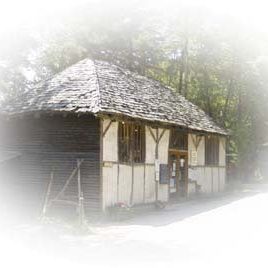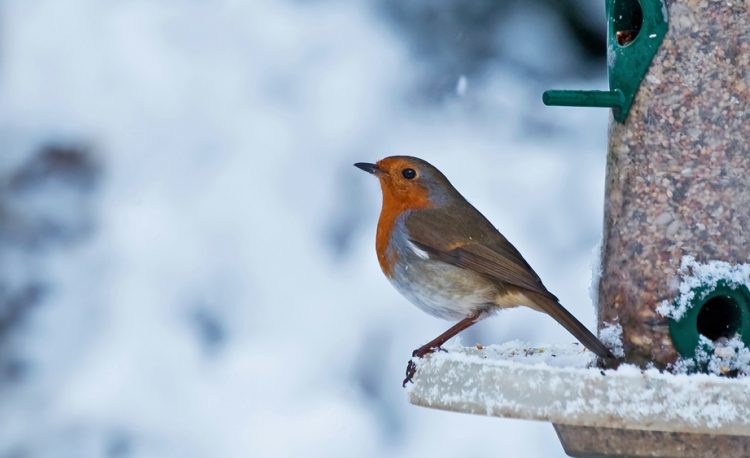Winter is the season when birds need out help the most in the UK – especially in the regions where the temperature often drops to below freezing and there is snow. If you’ve plenty of experience with feeding the birds, then you’ve probably already got a good idea as to what the birds in your area prefer to eat. You may have learned through the process of trial and error, or you may have done your research beforehand.
However if you’re only just getting started with feeding the birds, or you’re frustrated by your lack of success when it comes to attracting birds to your feeders during the colder months, then the first thing that you need to do is determine whether or not you are feeding them the right foods. If you don’t give the birds what they want, then they will go elsewhere to look for it. The following foods are very popular with garden birds across the whole of the UK.
Black oil Sunflower Seed
This seed is the go-to food for the majority of UK birds. Virtually any bird will visit a bird feeder that has black-oil sunflower seed in or on it. The birds that are unable to crack open the seeds themselves will scavenge along the ground under the feeders picking up all the bits and pices that are knocked down by other birds or the wind. The outer shell of a black-oil sunflower seed is a lot thinner and easier to crack than that of a normal black and white sunflower seed. They also have a higher fat content than normal sunflower seeds, so are a great winter staple when food is a lot scarcer. The black and white striped sunflower seeds are still fine, but you will find that you attract a lot more different birds if you offer black-oil ones.
Peanuts
Shelled, unsalted and dry-roasted peanuts provide plenty of protein and fat, so they are a great fuel-food for birds during the winter. The majority of bird feeder manufacturers produce sturdy and efficient tube-shaped feeders that are intended to serve peanuts to birds. A feeder with peanuts in it will regularly attract woodpeckers, jays, nuthatches chickadees and titmice. Cardinals and finches will also eat peanuts. You can buy the whole peanuts that are still in the shell if you’re looking to attract woodpeckers, jays and other large birds. However these are not suitable for smaller birds as they simply can’t remove the shell. Birds also love peanut butter, just ensure that you avoid the brands that contain trans fat. Be warned though, if you’re not a fan of squirrels then peanuts and peanut butter are not suitable for your feeders.
Suet
Wherever you can buy birdseed, you will probably be able to buy suet blocks. You can also find raw suet in the meat aisle of the supermarket. Fat is an excellent source of energy for birds during the winter, so suet is ideal. If you buy raw suet then make sure that you’re already attracting a lot of birds, as it doesn’t last as long as the blocks that you can buy from commercial bird feed manufacturers. You can render raw suet to make your own blocks by melting it down in a saucepan and removing the bits that don’t melt before leaving it to harden again.
Mealworms
If you offer meal worms, then the majority of birds that are around in the UK will eat them. You can buy them live form mail order websites, or you can buy freeze-dried mealworms in most places where they sell bird seed and food. Be careful hen feeding mealworms to birds though, as they will eat as many as you can provide, which can easily cause them to have an unbalanced diet. Some good advice is to buy mealworms and mix them in with other bird feed.
Homemade treats
It’s easy to come up with your own recipes for winter bird treats. You can simply smear peanut butter on a tree trunk and poke some peanut bits into it. Or you can melt some suet and pour it into ice cube trays before adding peanuts, raisins, apples or bird seed. Put it in the freezer to harden, then hey presto you have your own bird treats that are easy to make and use.

